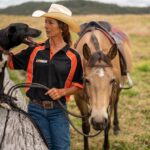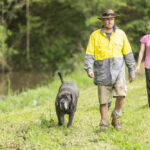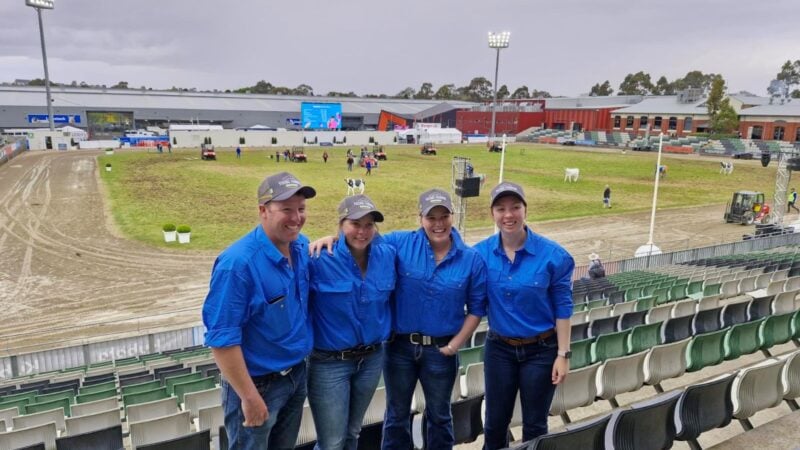Buddy from Grafton � a young and energetic Kelpie-cross with a great work ethic �…
Farm safety gets a $3.3m budget boost
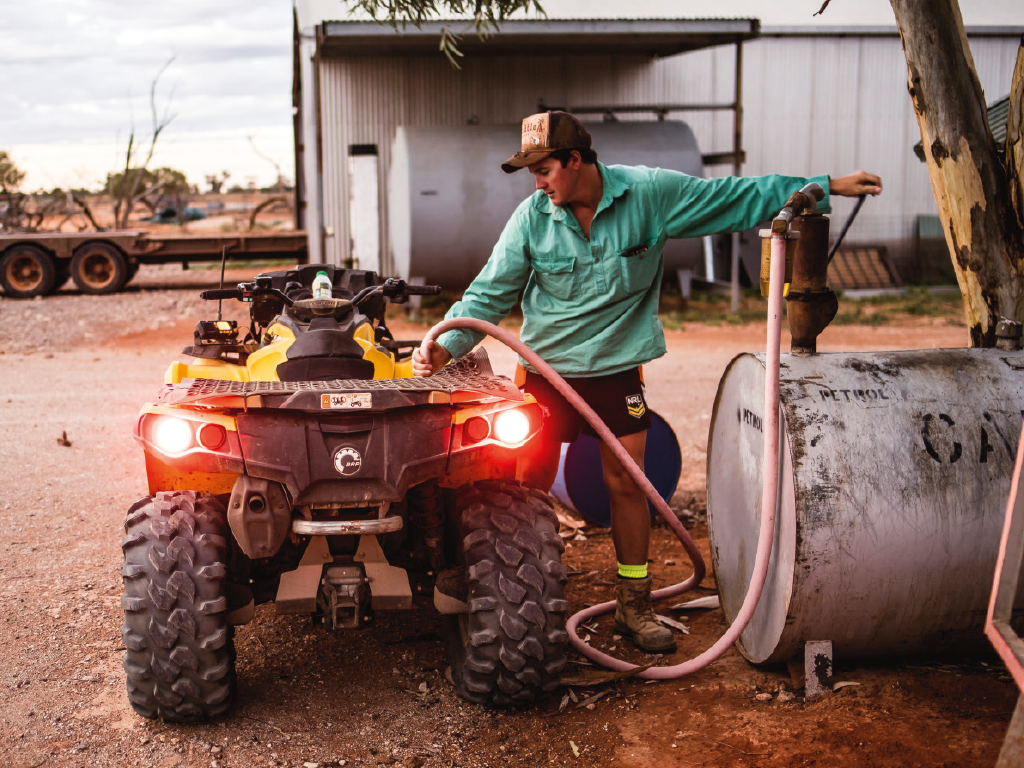
NSW Farmers has welcomed a $3.3 million 2020/2021 state Budget allocation to help lift safety standards on farms with the $2.8 million going towards making farm quad bikes safer through the addition of roll bars.
The funding will allow farmers to claim rebates of up to $2,000 for safer side-by-side vehicles, $600 for rollover protection to make farm quad bikes safer and $90 for helmets.
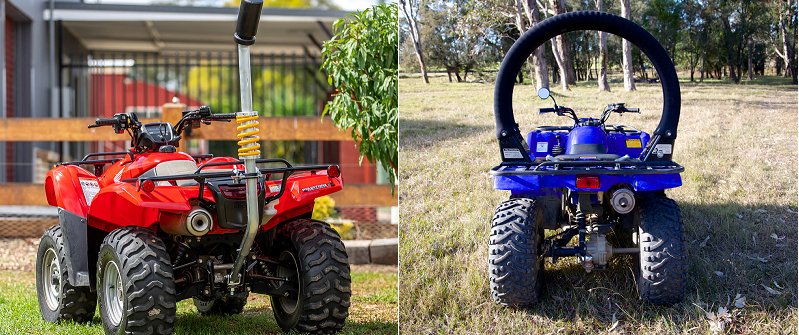
It also includes $500 to go towards the purchase of a drone so farmers are less likely to jump on a quad bike to inspect stock, fences or dam levels.
NSW Minister for Better Regulation and Innovation, Kevin Anderson, said farms continue to be one of the state’s most dangerous workplaces. He says this funding will help educate those in the agriculture sector and reduce high risk activities.
He said the program was first introduced in 2016 and in that time has paid rebates for 2,543 new side-by-side vehicles and 958 operator production devices.
�This has been an incredibly successful program, and we want to make sure that farmers can continue to access these important rebates to keep themselves, their families, and their workers safe on the farm,” Mr Anderson said.
NSW Farmers President James Jackson commended the NSW Government for supporting farm safety initiatives such as the Farm Safety Advisory Program (FSAP), which has received four more years of funding.
Mr Jackson said workplace, health and safety (WHS) can be daunting for small to medium farming businesses where there are numerous activities with specific risks.
Mr Jackson added that the value of the Farm Safety Advisory Program (FSAP) has been proven through its pilot phase.
He said it has met the needs of farm businesses that require practical support to establish, improve and ensure the right WHS practices are being applied.
“Funding of the FSAP will enable the continuation of direct delivery of practical education and advice on work, health and safety matters to the farming community, especially to those businesses who might not have had access to such support previously,” Mr Jackson said.
�Participating businesses not only develop frameworks for reducing and preventing injuries, they become far better equipped to reduce the costs of injuries to people, businesses and communities.
�Now is a crucial time for the farming industry to be supported with targeted and practical advice and assistance on WHS issues as a large proportion of the industry are in a recovery and rebuilding phase after a long period of drought and catastrophic bush fires.�
To find out more about how to access the rebates through SafeWork, please click here.


